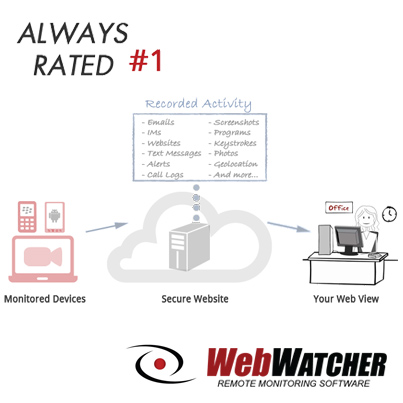Parents know that the world can be a dangerous place sometimes and that children need to be guided and taught to make good decisions so that they can protect themselves from those dangers. The online world is no different from the rest of the world – among all the advantages and benefits it offers, it also has dangers that children need to be protected from or taught how to handle. However, you can’t protect your children if you aren’t aware of the dangers yourself. Take a look at some of the online dangers you need to look out for in the coming year.
Cyber Predators

Often, when people think of cyber predators, they think of people who hang out on dating apps or anonymous social media sites, hoping to entice vulnerable children and teens into making a connection with them. But what you may not realize is that cyber predators can also be found in less obvious places, and they can target children in ways that you may not expect.
For example, many children spend much of their time playing online games on consoles and computers, and while playing games, they can interact with a variety of strangers. Predators know that children and parents may be less guarded about their children frequenting gaming communities than they are about social media or dating apps, and they can target and groom children there.
Internet-Connected Toys
Almost every site that you visit on the internet tries to collect data about its users, often to use that data for marketing purposes. Sometimes, sensitive data can be stolen or misused for less legitimate purposes, like identity theft, a crime that even children can be victims of. This is why it’s important to protect your and your children’s privacy online as much as possible, such as by teaching your child not to reveal private information online. But are you protecting your children’s privacy from their toys?
Internet-connected toys are a relatively new addition to the internet of things. These toys may talk or otherwise interact with your child, like a doll that can remember your child’s name and answer questions. However, they may also be recording your child’s voice and collecting data that you don’t want them to have. They could also be vulnerable to hacking by people with questionable motives. It’s important to be aware of what data internet-connect toys can collect and how it’s used, as well as whether or not the toy can be hacked before you give these toys to your child.
Malware and Viruses
Children are often less cautious than they should be about what they choose to download. The prospect of a free game or a fun-looking piece of software can entice children to download without thinking about the consequences. Unfortunately, they may get more than they bargained for when they do this.
Often, free downloads can come with malware that users don’t notice when they decide to download. Once installed, the malware can do things like damage your devices or steal your personal information. That’s why it’s important to supervise your child’s computer use and be aware of what they’re downloading. You may even want to block your child from downloading anything without a parent’s permission.
There are many ways that parents can protect their children from online dangers. It’s important to talk to your children about the safety rules online and why they need to follow them and teach them about online privacy and safety so they can practice it on their own. You may also want to use parental monitoring software so that you can oversee your child’s internet use remotely. To find out how you can use parental monitoring software to protect your child from online dangers, get our free trial.






